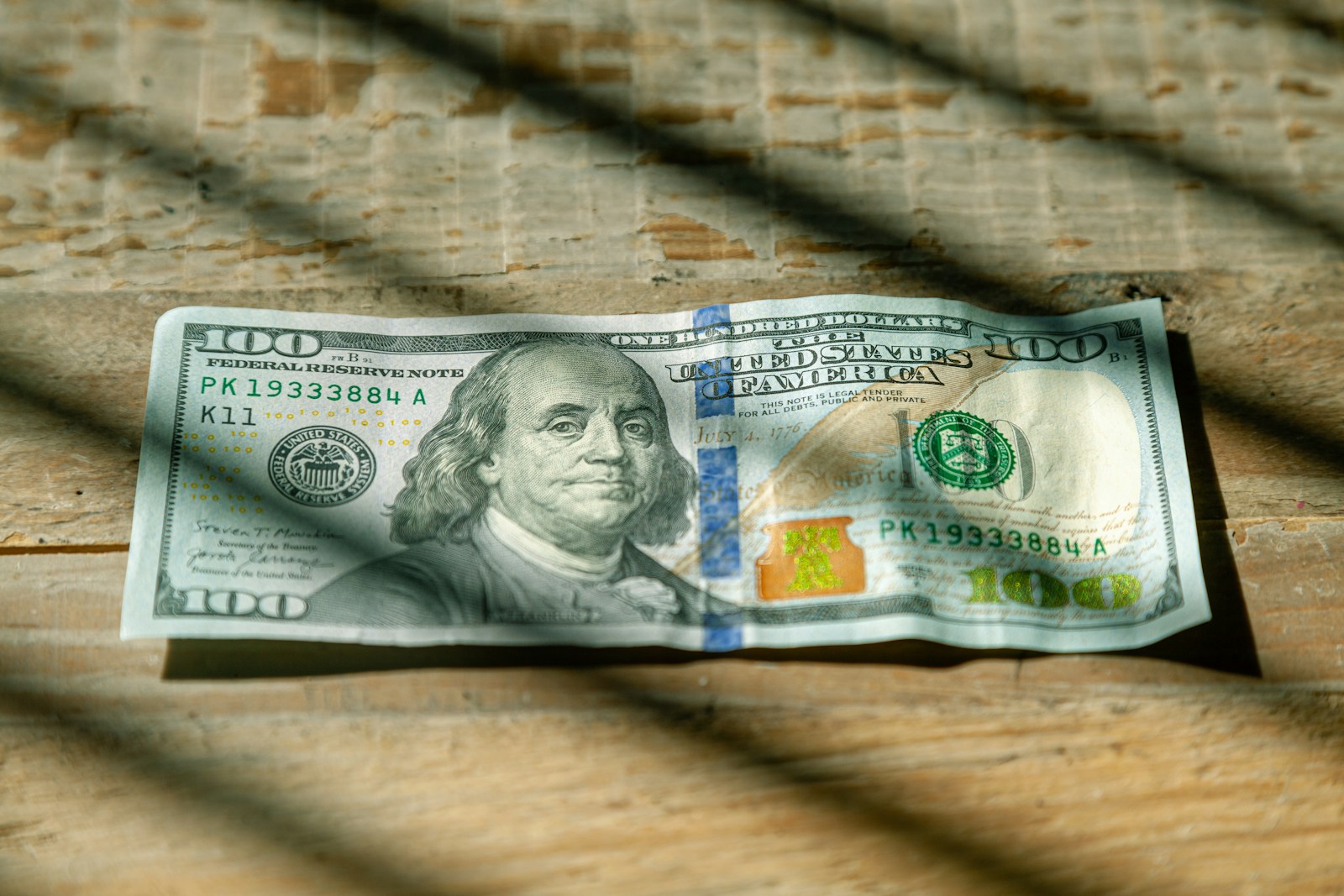
dollar

dollar
In French, the word for 'dollar' is also 'dollar'. It is used in the same way as in English, to denote the currency of countries such as the United States, Canada, Australia, among others. When speaking, the pronunciation of 'dollar' in French shows a slight stress on the second syllable, contrary to English where it's mostly stressed on the first. It's a great example of the numerous loanwords present in French from English.
Example sentences using: dollar
Le total était de cinquante dollars.

The total was fifty dollars.
This sentences explains how to express the total cost of an item or a service in dollars. In French, the currency comes after the amount or number.
Je cherche un billet de un dollar.

I am looking for a one dollar bill.
None
Dans quelques années, ce dollar pourrait valoir beaucoup.

In a few years, this dollar could be worth a lot.
This phrase implies an investment or speculation about the future value of a dollar.
Je n'ai pas un seul dollar en poche.

I don't have a single dollar in my pocket.
This sentence expresses the absence of any money in one's possession or specifically in one's pocket. It depicts a scenario of having no money.
J'ai dépensé tous mes dollars en vêtements.

I spent all my dollars on clothes.
This sentence displays confinement, indicating where all of the individual's money went, in this example, on clothes.
Le taux de change est favorable pour le dollar.

The exchange rate is favorable for the dollar.
This sentence talks about the exchange rate scenario and how the value of the dollar is strong or favorable in this situation.
Pourriez-vous me prêter dix dollars?

Could you lend me ten dollars?
It's a polite request asking someone if they could lend some money, specifically ten dollars.
Il économise chaque dollar qu'il gagne.

He saves every dollar he earns.
This sentence talks about the habit of saving money. It shows how to express the act of saving every earned dollar.
Le prix est de trente dollars par nuit.

The price is thirty dollars per night.
This phrase is commonly used in the context of accommodation booking. It communicates the price in dollars per night.
Il m'a donné cinq dollars pour le déjeuner.

He gave me five dollars for lunch.
This is a simple sentence demonstrating how to denote the amount of dollars someone has given for a specific purpose, in this case, for lunch.